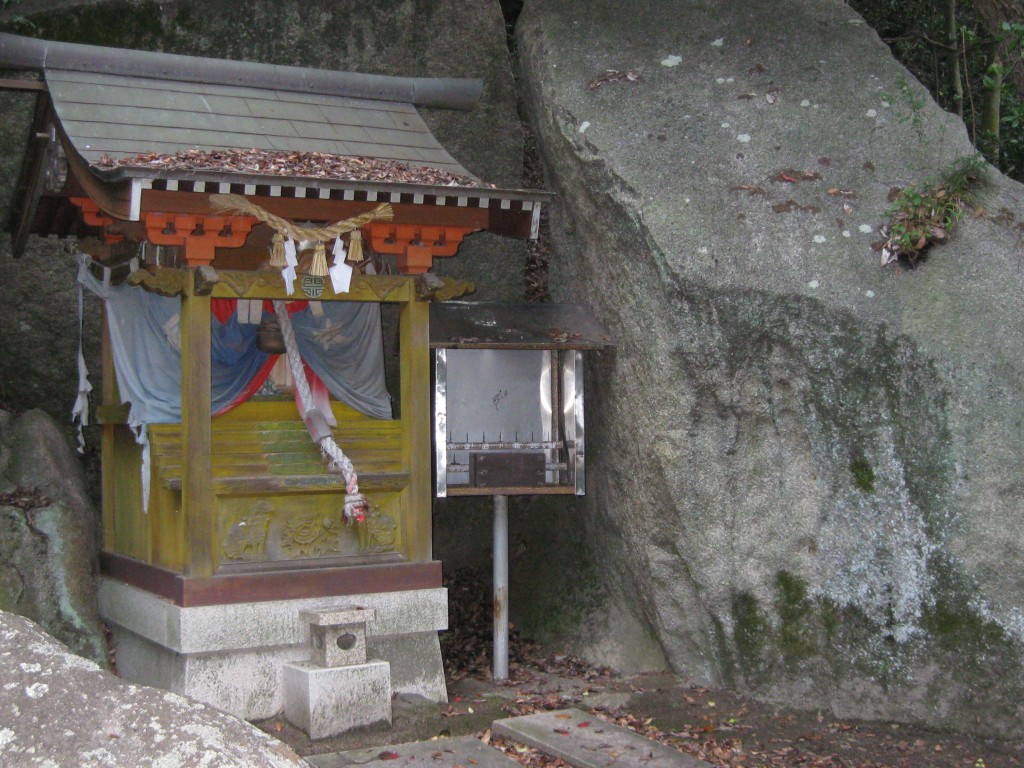
Cleaners bowing to a train as it arrives (courtesy Rocket News)
Japanese have exquisite manners, and respect is extended not just to people but to objects. Swords for example are particularly revered, for they are thought to contain spirits, but there are many other occasions where objects are treated with a reverential bow (the tea ceremony for example). One thing that strikes visitors to the country are the way cleaners bow towards the train for which they are responsible, giving rise to a recent news item.
*********************************************
Why do Japanese cleaning crews bow at trains?
By Krista Roger Rocket News JUL. 14, 2014
TOKYO —
The cleaning crews who maintain Japan’s high-speed bullet trains have a mere seven minutes to make the interior of the train spotlessly clean for its next journey. Those seven minutes are carefully divided into different tasks to make sure everything gets done in the allotted time.
Another curious detail people often notice about these cleaners is the way they bow as trains are entering and exiting the station. While this act is generally thought to be a respectful gesture, the intended recipient of the bowing seems to be a matter of great debate, with plenty of conflicting opinions out there, even among the Japanese.
***************************************

Bowing to a train – even when it’s empty
Some of the reactions from different countries were revealing… “It’s the same as Pavlov’s dogs, or the deer in Nara,” commented one person.
China: “I’m Chinese, and I honestly don’t feel comfortable with all the bowing in Japan. It’s because in China, people mostly bow to honor those who have passed away.”
United Kingdom: “Japanese traditions are the best in the world! We’ve lost courtesy and grace in the West.”
United States: “If people in the West were more respectful to each other, America wouldn’t have become the police state it now is.”
Japan: “Isn’t it just a regular greeting to the train driver and the train that conveys something like, ‘Work hard today!’ and, ‘We appreciate your efforts!’ And wasn’t the idea that inanimate objects have a spirit (tsukumogami) born out of the custom of showing respect?”
**************************************************
Now that last idea is intriguing, and it’s one taken up by a reader of Japan Today who gives a similar take on the matter. The idea appeals to Green Shinto, which is dedicated to the notion that Shinto thinking lies at the base of Japanese culture as a whole….
CGB Spender Japan Today JUL. 16, 2014
“It pays respect and appreciation to something or somebody. As that, it’s a very important, fundamental custom so there is a lot of meaningful purpose to it. It’s also anchored in Shintoism in which every being and object has a spirit, even a rock. A person who sees value in even a simple rock is a better person than one who sees no value.”
Don’t you love that last sentence?!

“A person who sees value in even a simple rock is a better person than one who sees no value.”

I was really touched last August when I caught a bus from Narita to Haneda airport and the staff bowed as the bus was leaving. It was a great start to another wonderful visit to Japan where every being and object has a spirit, even a rock.